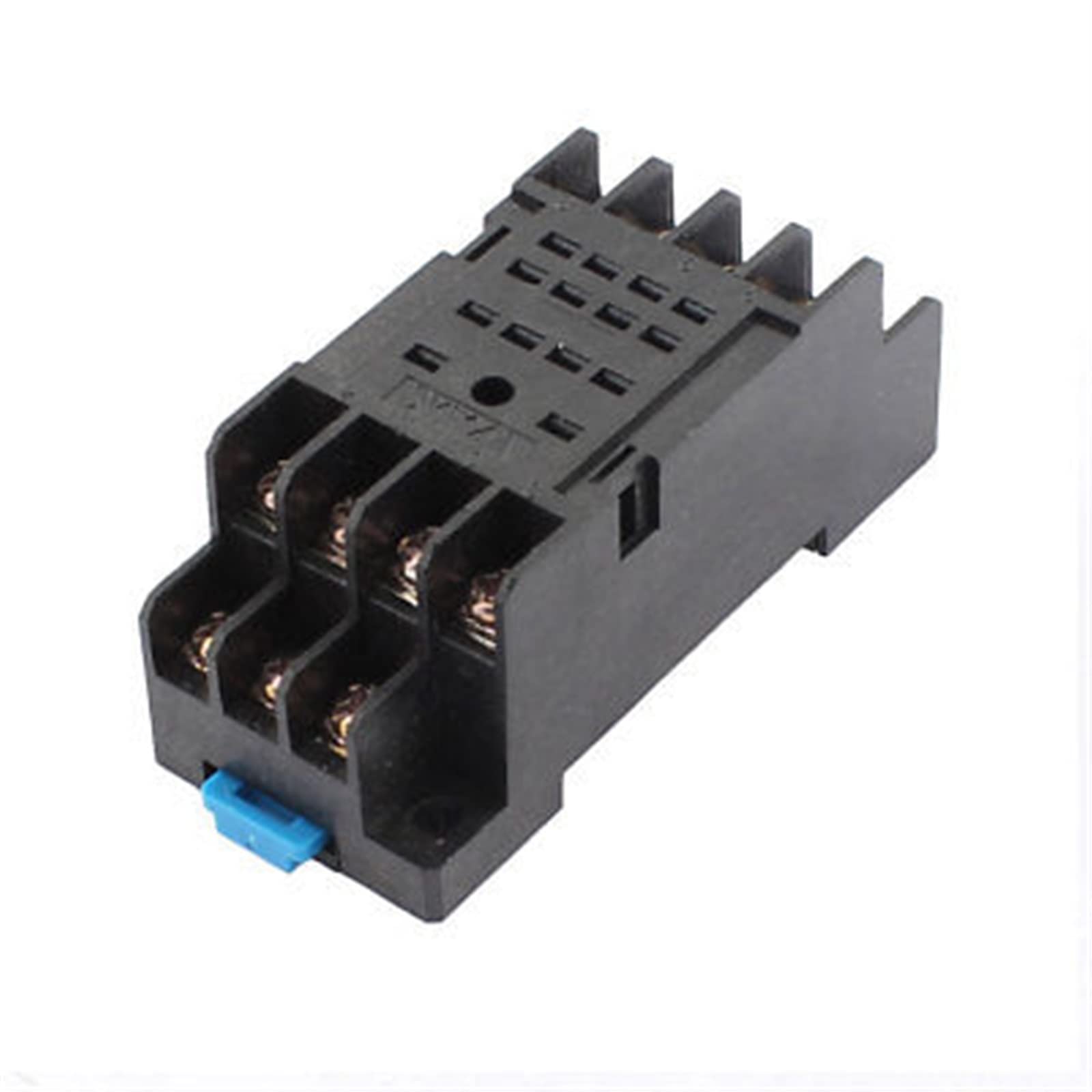
Relay-Socket
Relay sockets are essential components in industrial automation and control systems, serving as the interface between relays and the electrical circuits they control. These sockets provide a secure, stable connection for relays, allowing for easy installation, maintenance, and replacement. In industries such as manufacturing, energy, and automation, where relays play a key role in controlling machinery, motors, and safety systems, relay sockets enhance operational efficiency and reliability. For companies selling industrial sensors and control systems, offering high-quality relay sockets is crucial for ensuring seamless system integration and performance.
One of the main advantages of relay sockets is the ease of relay replacement. Instead of rewiring the entire circuit when a relay needs to be changed, the relay can simply be plugged into or removed from the socket. This feature minimizes downtime during maintenance or repairs and reduces the risk of wiring errors, ensuring that systems continue to operate safely and efficiently.
Relay sockets also contribute to system flexibility. They come in various configurations to support different types of relays, such as electromechanical or solid-state relays, and can accommodate varying current and voltage requirements. Additionally, many relay sockets are designed with features like LED indicators, which provide a visual signal of the relay’s status, making it easier for operators to monitor the system.
In conclusion, relay sockets are an indispensable part of industrial control systems, simplifying installation and maintenance while ensuring reliable electrical connections. For companies specializing in industrial sensors and automation, offering robust, flexible relay sockets allows customers to maintain efficient and safe operations. These products not only enhance system performance but also reduce the complexity of managing industrial control systems.
